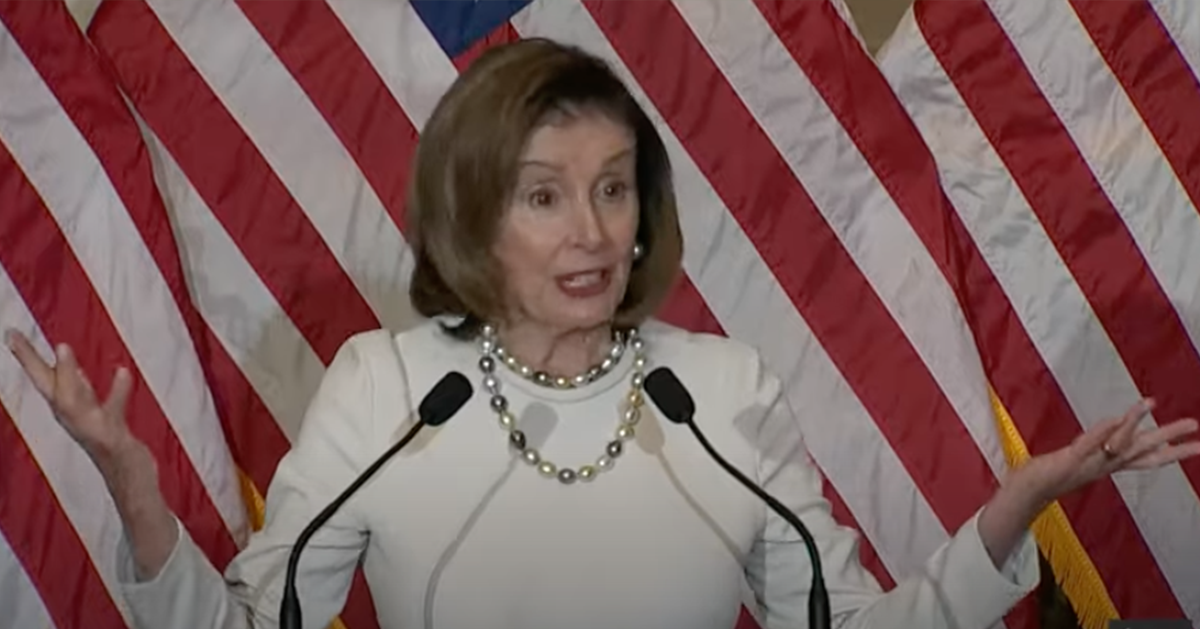Trump praised for securing US citizen's freedom through prisoner swap
Ksenia Karelina's return to the United States this week was marked by relief and gratitude after a year of incarceration in Russia.
An intricate negotiation led by President Donald Trump and involving a prisoner exchange resulted in the release of Karelina, as the Daily Caller reports, a scenario for which the White House is receiving expressios of praise and gratitude.
In August 2024, Karelina, a dual U.S.-Russian national, was arrested in Russia. The charge stemmed from her modest monetary contribution to a nonprofit organization aiding Ukraine during a tense time in the region. This act led to a harsh 12-year prison sentence in Russia.
Complex negotiations ensue
The recent diplomatic victory was lauded by many, highlighted by the successful negotiation involving the Central Intelligence Agency (CIA). This effort focused on swapping Karelina for Artur Petrov, a Russian-German national held in the United States for breaking export rules. The delicate negotiations depicted the less public role intelligence agencies play in such international deals.
Secretary of State Marco Rubio announced Karelina's liberation on Thursday. He emphasized the administration's continued dedication to securing the release of Americans detained globally.
"Ksenia Karelina is on her way back home," he stated, underlining the culmination of over a year of detention by Russian authorities.
On arrival, Karelina expressed her heartfelt appreciation to the president and the American administration for their unwavering efforts. "I’ve never felt more blessed to be American and I’m so, so happy to get home," she shared, revealing the emotional weight of her journey.
CIA plays key role
The CIA played an instrumental role, maintaining a channel with Russian counterparts to facilitate the complex exchange.
CIA Director John Ratcliffe personally received Karelina upon her return, highlighting the agency's pivotal role in the mission's success. "Grateful for the officers who worked to make this success possible," Ratcliffe remarked, confirming the agency's commitment to returning detained Americans.
President Trump has made similar diplomatic overtures recently. In February, efforts bore fruits with the release of Marc Fogel, an American detained since 2021 in Russia under drug-related accusations.
Just weeks back, American George Glezmann found his way back home from Taliban custody due to diplomatic channels that President Trump emboldened.
Glezmann echoed sentiments similar to Karelina’s, thanking the president explicitly for his freedom, reinforcing the administration’s track record in securing such releases.
Trump's strategy sees success
Karelina’s case drew international attention not only due to her dual citizenship but also given the political undertones of her initial arrest. Her $51 donation had sparked a controversy, embroiling her in geopolitical tensions that further complicated her plight.
The broader community watched her return as part of President Trump's multifaceted strategy to address and resolve cases involving Americans detained abroad. It sheds light on the priorities and the strategic approaches that form the backbone of such liberations.
As the former detainees return to domestic life, lingering questions and lessons from their captivity surface. These cases transform into learning points for policy and underscore vital diplomatic tactics required in the future.
Diplomatic intricacies, challenges remain at forefront
The prisoner exchange marks yet another chapter in the complex diplomatic engagements between the United States and Russia. Despite the individual success stories, these interactions remain fraught with geopolitical intricacies.
President Trump's actions, particularly in securing Karelina's release, added layers to existing bilateral discussions. The necessity of balancing national interests with humanitarian considerations threads through these cases, suggesting a nuanced approach to future negotiations.
Karelina's release remains a testament to the diligent efforts of American diplomatic and intelligence arms. As international challenges continue, the administration's strategies may adapt, but the commitment to bringing Americans home endures.




